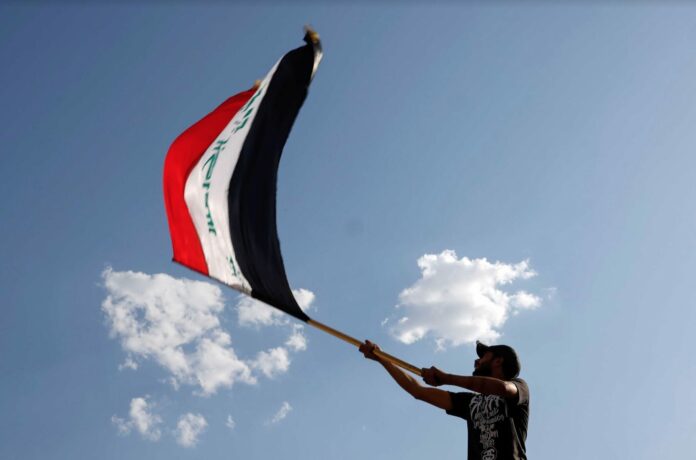The concept of peacebuilding is one of the most popular concepts in research centers, and most popular in countries that have emerged from tyranny and whose experience has stalled in the course of transitional justice. The identities of their social groups varied and most felt that their rights diminished, their dignity violated, or their freedoms restricted ,or politically manipulated ,or its institutional facilities became fragile ,or there’s been intense conflicts between its members the universal vision of its citizens was absent; This has caused conflict over the past and its employment in political conflict, or the disagreement over the shape of the future, or conflict over influence and the acquisition of resources, or the effects of tyranny that left an imprint on the minds and the prevalence of discrimination and hatred; This has contributed to the creation of environments whose socially and politically embraced the seeds of violent extremism, which are always born after zero-sum conflicts, in the absence of visions of moderation, the marginalization of ideas of dialogue and negotiation, the exclusion of peace strategies, the presence of passions and reactions as an alternative to building sustainable peace, which promotes unity and solidifies the fabric of society, and gives its autoimmune segments to withstand violent extremist ideas. Which required the creation of a series of peacebuilding programs adopted by successive Iraqi Governments after 2003 and to date, as well as those of non-governmental organizations and international organizations, and the magnitude, diversity, duration, and geography of the programs, required a pause for review and reassessment of program philosophy, implementation mechanisms, efficiency, sustainability, results by reading the strengths and weaknesses of the programs, fragility, potential, challenges, and achievable opportunities. The paper will contain an introduction, four themes, a conclusion, findings, and procedural recommendations.
Al-Bayan Center for Planning and Studies is an independent, nonprofit think tank based in Baghdad, Iraq. Its primary mission is to offer an authentic perspective on public policy issues related to Iraq and the neighboring region. Al-Bayan pursues its vision by conducting autonomous analysis, as well as proposing workable solutions for complex issues that concern academia and policymakers.
Contact us: info@bayancenter.org
© All rights reserved, Al-Bayan Center 2023











